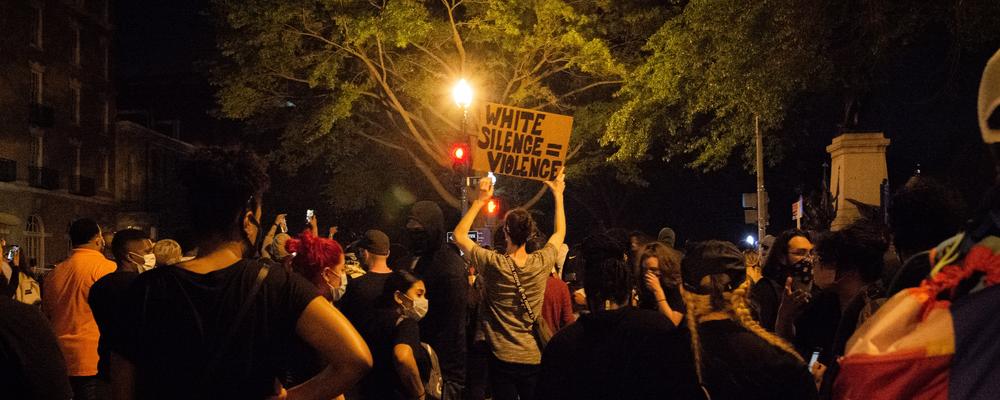
Seminars on Civil Society, Social Movements and Resistance Research
The Research Group organises seminars and workshops with the aim of developing and deepening the understanding of social movements, resistance and social change. Throughout the 2010s, scholars from international and Swedish universities have been invited to present their latest work. The seminars are open to anyone interested in these topics.
CSM-RESIST SEMINARS
Forum for civil society and social movement research (CSM) and The Resistance Studies research group (RESIST).
When and where
Unless otherwise noted, all seminars will be held in room F417, Skanstorget 18, at 13:15-15:00. Most seminars are also hybrid. If you intend to join us via zoom, please notify us via e-mail.
Seminars will be held in English unless otherwise noted.
Papers are distributed latest one week in advance if not otherwise noted.
CSM-RESIST SEMINARS
Forum for civil society and social movement research (CSM) and The Resistance Studies research group (RESIST).
When and where
Unless otherwise noted, all seminars will be held in room F417, Skanstorget 18, at 13:15-15:00. Most seminars are also hybrid. If you intend to join us via zoom, please notify us via e-mail.
Seminars will be held in English unless otherwise noted.
Papers are distributed latest one week in advance if not otherwise noted.
Thursday 26 February
The Strategic Temporality of the Spanish Far-Right’s Constellation: Emotions, Narratives and Tactics Across a Reactionary Ecosystem Nerea Montejo López, Scuola Normale Superiore
Nerea Montejo is a PhD candidate in Political Science and Sociology at Scuola Normale Superiore (Italy). Their doctoral research “Insurgent Temporalities: Emotions, Narratives and Tactics towards an Emancipatory Strategy” examines how contemporary social movements confront and reorganise time in response to the multiple crises of contemporary capitalism. Drawing on a qualitative, multi-method research design, the project analyses how movements construct a strategic temporality through the interplay of emotions, narratives and tactics.
Wednesday 25 March
(with the General seminar and Environmental Sociology)
Between Belonging and Alienation:Environmental Awareness among Palestinian Citizens of Israel and the Question of Land
Maisalon Dallashi, Stockholm University (and guest researcher Gothenburg University)
Maisalon Dallashi has a Ph Din Sociology and her research focuses on education, labor market inequalities, environmental issues, and patterns of violence and crime within Palestinian society. She examines how structural segregation and systemic inequality shape everyday life and opportunities for both Jews and Palestinian citizens of Israel. She is currently developing her postdoctoral research at the Department of Sociology, Stockholm University, exploring Palestinian migration, statelessness, and transnational belonging. Alongside her academic work, she actively advocates for Palestinian rights, striving to connect critical research with meaningful social and political change. From 23 March to 2 April, she is a guest researcher at the Department of Sociology, Gothenburg University.
Thursday 23 April
The Organized Students: The Swedish School Student Movement’s National Associations and Engagement in Educational Policy 1938–2005
Victor Johansson, Stockholm Universituy
Victor Johansson has a PhD in education from the Department of Education at Stockholm university within the national research school PEDASK in applied history of education.
Thursday 11 June
Hope work in social movements
Erlend Kok, University of Oslo
Erlend Kok is a PhD student in sociology at the University of Oslo, where he researches hope in social movements. In the social movement literature, hope is routinely held to be a premise for action. In aiming to better understand the mechanisms of hope and how it varies according to political context, movement, and network, he conducts fieldwork in the environmental and pro-Palestine movements in Oslo and Berlin.